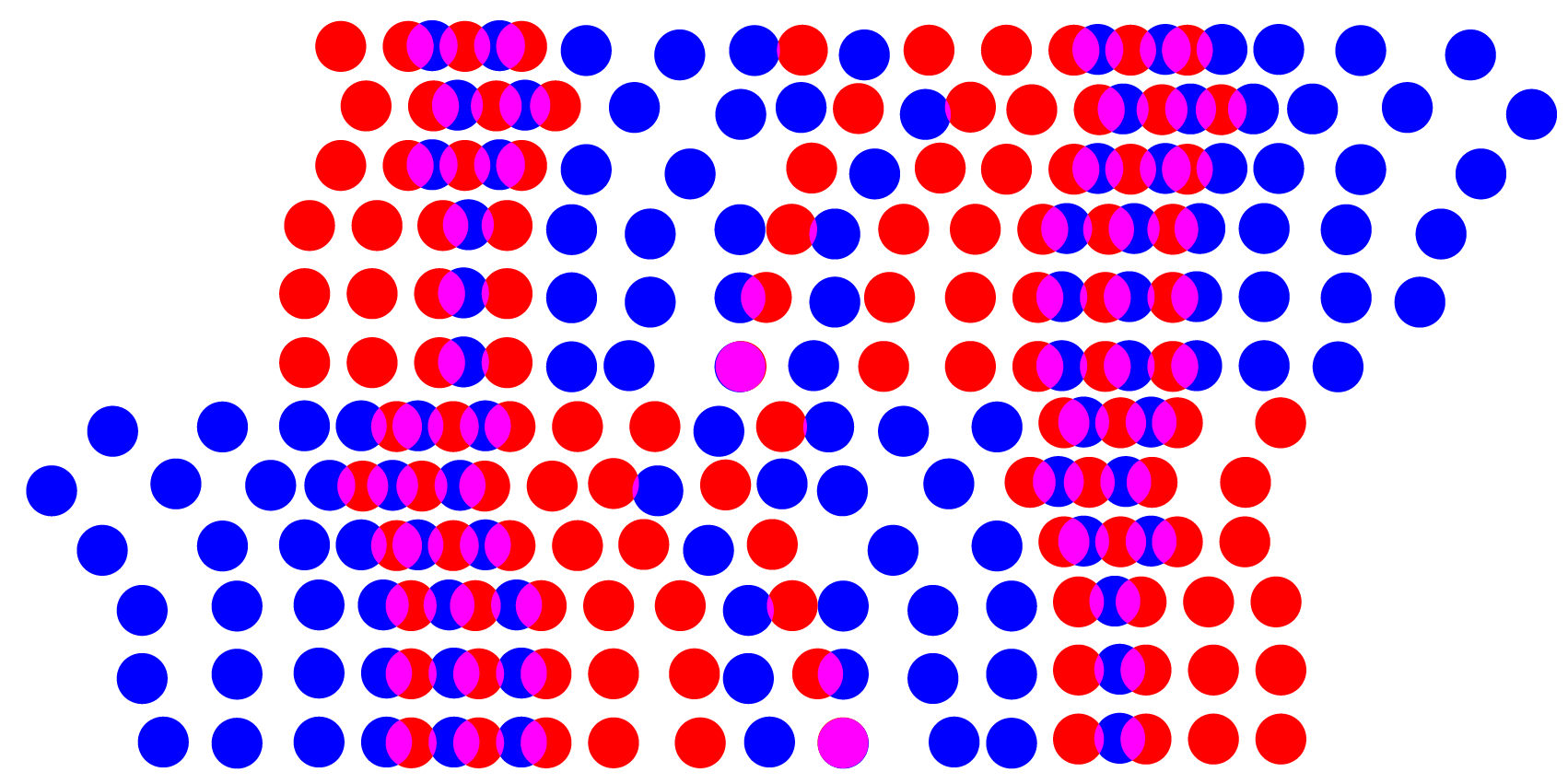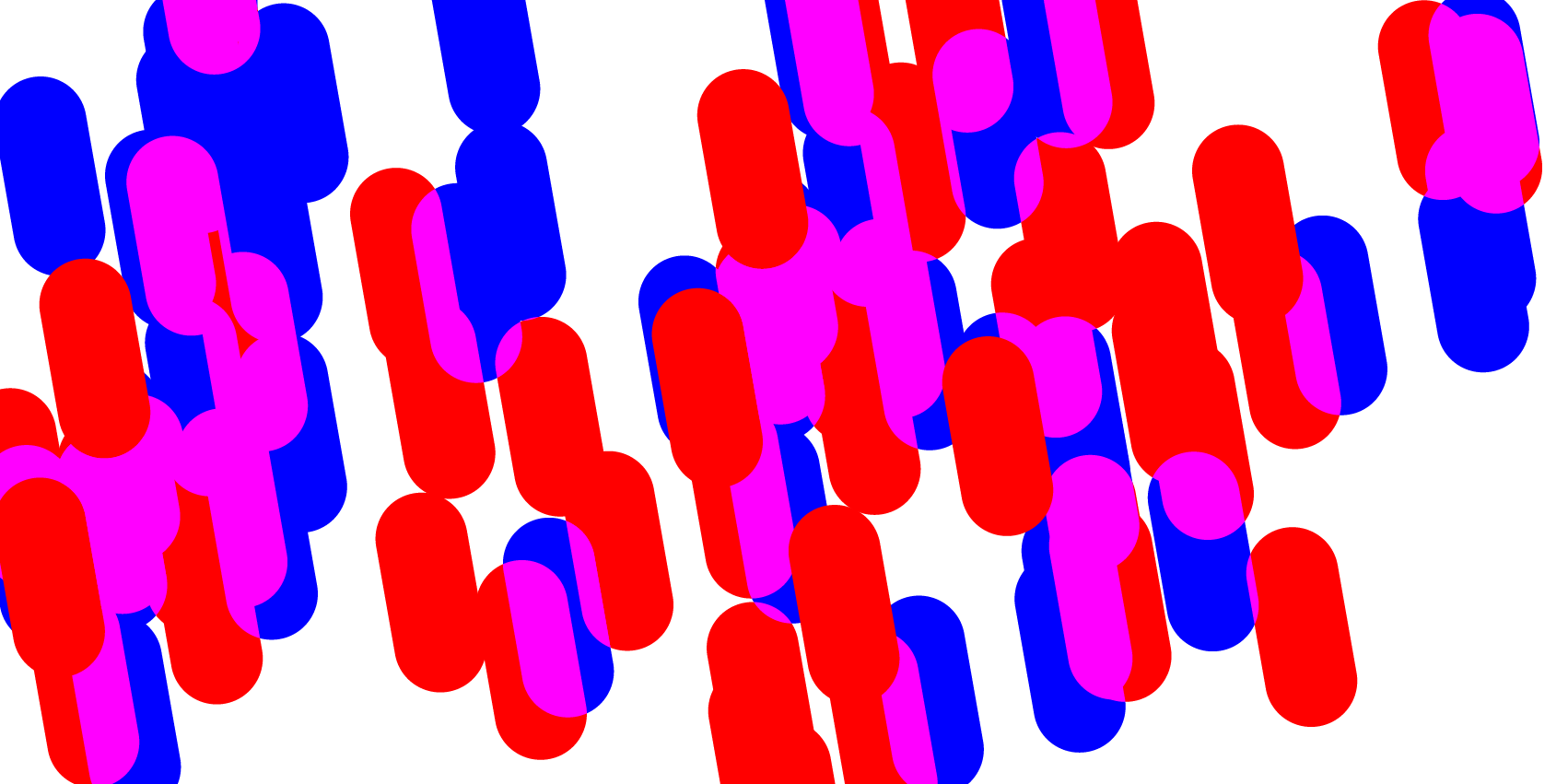Research Program
The Research Training Group »Contradiction Studies – Constellations, Heuristics and Concepts of the Contradictory« investigates the formation, negotiation and explanatory limits of constellations of the contradictory. It inquires into both the mutability and the persistence of contradictions in bondage to and beyond the imperative of contradiction resolution. To generalize: The research program of the new research training group investigates the figure of contradiction (i) in an interdisciplinary perspective of the humanities, the social sciences and law (ii) with an interest in forms of living in and with contradictions and (iii) in a critical reflection of a western/northern histories of knowledge.

Our point of departure
The following distinction between contradiction in the singular and contradictions or constellations of the contradictory in the plural can serve as an orienting starting point. A ›contradiction‹ in the singular is linked to its declaration. Someone must say, »But that is contradictory« in order for a contradiction to be diagnosed. Such a diagnosis or declaration is always bound to the principle of freedom from contradiction and the accompanying commandment to resolve contradiction. Whoever says »contradiction« inevitably says at the same time, »There’s something wrong – resolve it, please«.
At the same time, however, freedom from contradiction is by no means such a high good in all areas of reality as, for example, in the sciences, in law, and not least, of course, in logic. Rather, the claim to freedom from contradiction encounters worlds full of contradictions everywhere. Actors in such contradictory worlds can always also ignore the claim, reject it, or oppose it. ›Contradictions‹ (in the plural) are therefore defined in the RTG as ineluctable, heterogeneous ensembles of the contradictions of living together, which stand in tense relations to contradiction as a powerful figure of order. When we speak of constellations, heuristics, and concepts of the contradictory in the subtitle, we mean precisely these relations and already suggest a few dimensions of how to study them: By means of empirical case studies of specific constellations of contradiction and contradictions; in terms of heuristics and methods that mobilize contradiction(s) in order to better understand complex dynamics and processes; or as theory-systematic or historical-genealogical projects on concepts of contradiction and its concomitants (for example, paradox, anomie, or »spaces of dissension« (Michel Foucault)) in history and the present.

Questions orienting our research program
The question that functions as a cornerstone to our overall research program and that orients all projects of the RTG is:
How, where, and when are social, political, cultural, legal, and scientific constellations of living in and with contradictions bound to or detached from the principle of non-contradiction or the imperative to resolve contradictions; and how, where, and when does this serve to affirm or question contradiction as a figure of order?
This central research question of the RTG can be further differentiated into four sub-questions:
(i) Which practices, representations, and materialities affirm or question contradiction as a figure of order?
(ii) Which claims to validity and power of specific actors are associated with the imperative to resolve contradictions, and which might serve to critique this imperative?
(iii) When and where do contradictions become visible/nameable or tolerated, and when and where are they rendered invisible?
(iv) When and where does contradiction occur in bondage to and beyond the imperative of contradiction resolution?
In the context of Contradiction Studies, these questions are all connected. This also applies to the RTG’s analytical interest in contradiction as a practice within the contradictions of coexistence. We consider the practice of contradicting in engagements with contradiction, the resolving of contradictions, and contradictions. This includes practices of protest, including a wide range of practices of opposition and dissent.
Research Projects
We look forward to project proposals that take constellations of the contradictory seriously as a disciplinary and/or interdisciplinary object of research and make visible its constitutive significance for social and knowledge orders. We are equally interested in ideas and research designs that aim to critically question the ordering figure of contradiction, which is prominently anchored in a European-Western history of knowledge and knowledge production, to investigate its limits, and to provincialize (Dipesh Chakrabarty) or decolonize it in an exemplary way. Areas of work will be organized around (1) practices, (2) texts/objects, and (3) norms. Thematically and in terms of theoretical positions, there are no restrictions; however, the proposed projects must lie within the range of subjects of the scholars participating in the RTG.